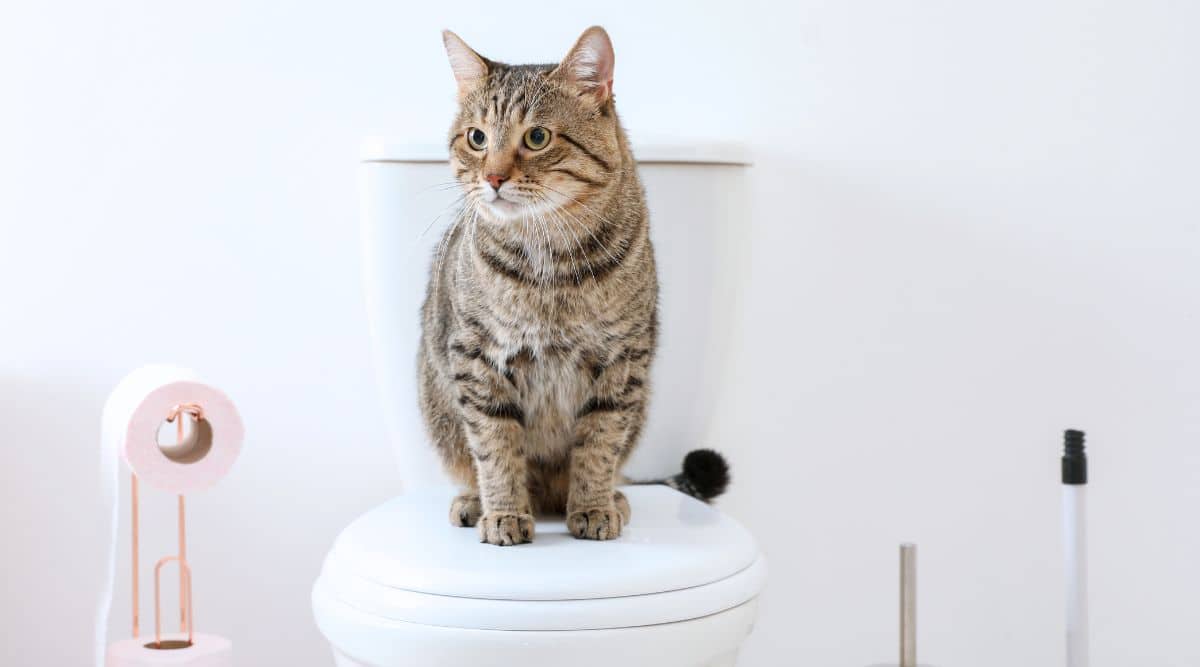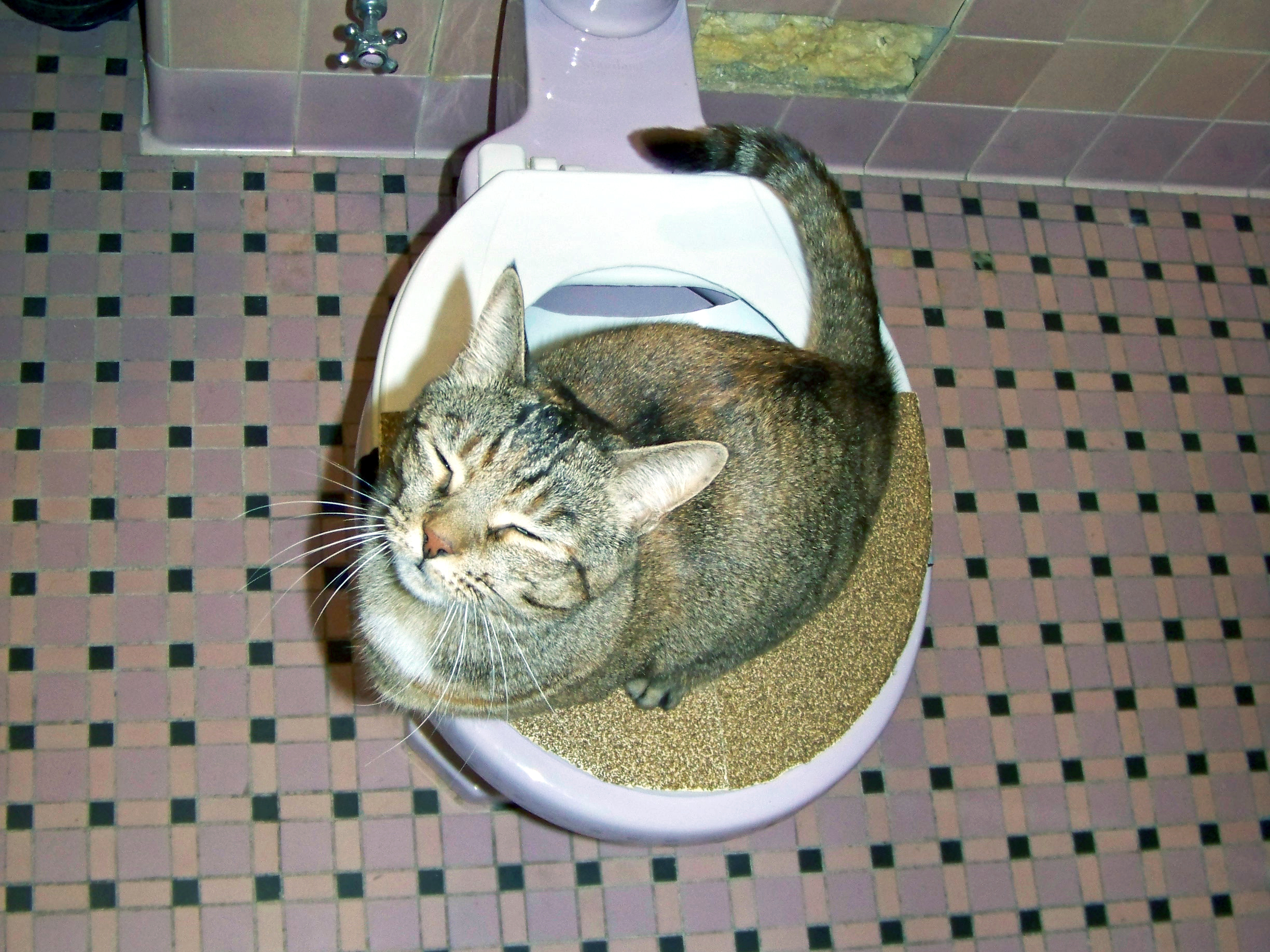Why You Should Never Flush Cat Poop Down Your Toilet - Important Facts
Why You Should Never Flush Cat Poop Down Your Toilet - Important Facts
Blog Article
This great article following next about Can You Flush Cat Poo or Litter Down the Toilet? is exceedingly informative. You should give it a look.

Intro
As cat owners, it's necessary to bear in mind how we get rid of our feline pals' waste. While it may seem convenient to flush feline poop down the bathroom, this technique can have detrimental consequences for both the setting and human wellness.
Alternatives to Flushing
Fortunately, there are safer and extra accountable ways to take care of feline poop. Take into consideration the adhering to alternatives:
1. Scoop and Dispose in Trash
One of the most common technique of getting rid of pet cat poop is to scoop it right into a biodegradable bag and throw it in the trash. Be sure to utilize a specialized clutter inside story and take care of the waste promptly.
2. Use Biodegradable Litter
Opt for naturally degradable cat litter made from products such as corn or wheat. These trashes are eco-friendly and can be securely dealt with in the trash.
3. Bury in the Yard
If you have a yard, take into consideration burying cat waste in a designated area far from veggie yards and water resources. Make sure to dig deep sufficient to prevent contamination of groundwater.
4. Mount a Pet Waste Disposal System
Buy a family pet garbage disposal system particularly developed for cat waste. These systems use enzymes to break down the waste, lowering smell and environmental impact.
Wellness Risks
In addition to environmental concerns, purging pet cat waste can likewise position health threats to people. Feline feces may have Toxoplasma gondii, a bloodsucker that can trigger toxoplasmosis-- a potentially extreme health problem, particularly for expectant ladies and individuals with damaged immune systems.
Environmental Impact
Purging feline poop introduces unsafe microorganisms and bloodsuckers into the water, presenting a significant danger to aquatic ecosystems. These pollutants can adversely affect aquatic life and compromise water top quality.
Conclusion
Liable animal ownership extends past providing food and shelter-- it additionally includes correct waste management. By avoiding flushing feline poop down the commode and selecting alternative disposal techniques, we can minimize our environmental impact and safeguard human wellness.
Why You Should Never Flush Cat Poop Down the Toilet
A rose by any other name might smell as sweet, but not all poop is created equal. Toilets, and our sewage systems, are designed for human excrement, not animal waste. It might seem like it couldn’t hurt to toss cat feces into the loo, but it’s not a good idea to flush cat poop in the toilet.
First and foremost, assuming your cat uses a litter box, any waste is going to have litter on it. And even the smallest amount of litter can wreak havoc on plumbing.
Over time, small amounts build up, filling up your septic system. Most litter sold today is clumping; it is made from a type of clay that hardens when it gets wet. Ever tried to scrape old clumps from the bottom of a litter box? You know just how cement-hard it can get!
Now imagine just a small clump of that stuck in your pipes. A simple de-clogger like Drano isn’t going to cut it. And that means it’s going to cost you big time to fix it.
Parasitic Contamination
Believe it or not, your healthy kitty may be harboring a nasty parasite. Only cats excrete Toxoplasma in their feces. Yet it rarely causes serious health issues in the cats that are infected. Most people will be fine too if infected. Only pregnant women and people with compromised immune systems are at risk. (If you’ve ever heard how women who are expecting are excused from litter cleaning duty, Toxoplasma is why.)
But other animals may have a problem if infected with the parasite. And human water treatment systems aren’t designed to handle it. As a result, the systems don’t remove the parasite before discharging wastewater into local waterways. Fish, shellfish, and other marine life — otters in particular — are susceptible to toxoplasma. If exposed, most will end up with brain damage and many will die.
Depending on the species of fish, they may end up on someone’s fish hook and, ultimately on someone’s dinner plate. If that someone has a chronic illness, they’re at risk.
Skip the Toilet Training
We know there are folks out there who like to toilet train their cats. And we give them props, it takes a lot of work. But thanks to the toxoplasma, it’s not a good idea.

I'm certainly very excited about How to Dispose of Cat Poop and Litter Without Plastic Bags and I am praying you enjoyed reading our blog entry. Loved our blog entry? Please share it. Let other people discover it. Thanks so much for taking the time to read it.
View More Report this page